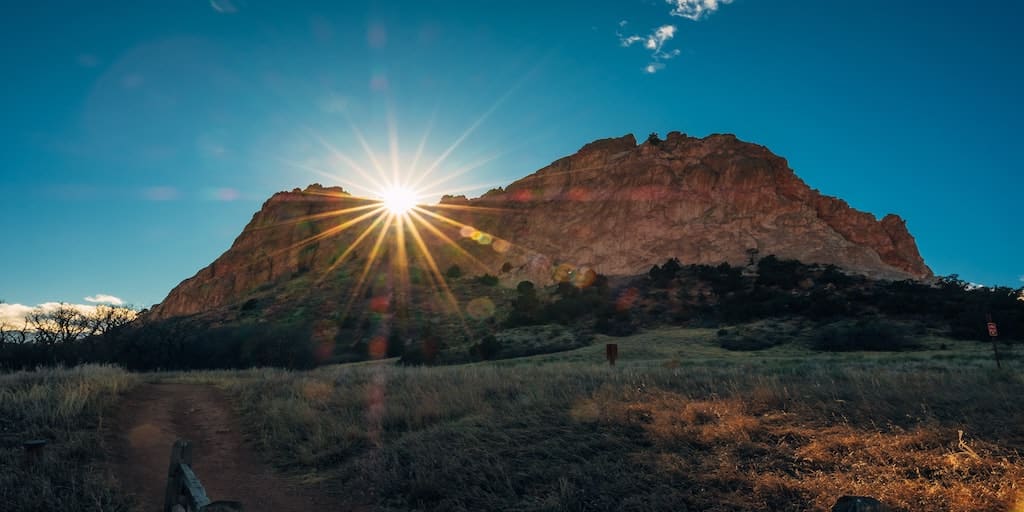Adonai – Lord, Master, Owner

Your first reaction to this title, Adonai, is probably to recoil in disgust or distress, quite possibly because of the context of slavery not only in the US, but in other countries where even today people are held in slavery and treated abominably.
But would you, for just a moment, put away all your preconceptions of what it means to be the Lord—the master—and what it means to be a slave? Let the Bible inform you of what God is like as a Lord, and what He sees as His responsibility to those He rules.
The title Adonai is used of both God and of human rulers. When it appears in the plural form (Adonai), it refers almost always to our triune God. In the singular, Adon, it can often refer to human rulers. Many modern translations use “Lord” (capital L, the rest lower case) to indicate the title Adonai. We mentioned previously that LORD in all caps indicates God’s name YHWH (Yahweh).
- Psalm 135:5 – “I know that the LORD [YHWH] is great, that our Lord [Adonai] is greater than all gods.”
- Psalm 114:7 – “Tremble, earth, at the presence of the Lord [Adon], at the presence of the God [Eloah] of Jacob.”
- Psalm 8:1 – “LORD [YHWH], our Lord [Adon], how majestic is your name in all the earth!”
Isaiah 6:1-3 describes an encounter with the Lord: “In the year that King Uzziah died, I saw the Lord [Adonai], high and exalted, seated on a throne; and the train of his robe filled the temple. Above him were seraphim,…. And they were calling to one another, ‘Holy, holy, holy is the LORD Almighty [YHWH tsaba]; the whole earth is full of his glory.’” In his book, The Power of God’s Names, Tony Evans comments, “Notice when Isaiah saw God as Adonai—the year his human king, Uzziah, died. Why is that important? Because human kings often appear to be the keys to our victory. When we look to others for advice or to make decisions, they hold a lot of influence over us. Yet when Isaiah’s human king died, he was enabled to see who really owned and ruled over everything.”[1]
Let’s establish, first of all, that God is our Lord—our owner and master—whether we acknowledge it or not.
- Psalm 16:2 – “I say to the LORD [YHWH], ‘You are my Lord [Adonai]; apart from you I have no good thing.”
- Psalm 50:10 – “every animal of the forest is mine, and the cattle on a thousand hills.”
- Psalm 100:3 – “Know that the LORD [YHWH] is God [Elohim]. It is he who made us, and we are his; we are his people, the sheep of his pasture.”
Now it gets a little harder. We know from the New Testament that acknowledging Jesus as Lord [kyrios—the Greek translation of Adonai] is an important component of our salvation. Romans 10:9-10 explains, “If you declare with your mouth, ‘Jesus is Lord [Kyrios],’ and believe in your heart that God raised him from the dead, you will be saved. For it is with your heart that you believe and are justified, and it is with your mouth that you profess your faith and are saved.”
Philippians 2:11 declares that “every tongue [will] acknowledge that Jesus Christ is Lord [Kyrios], to the glory of God the Father.” This is not optional for the believer.
So, when you acknowledge Jesus as Lord, what does that mean for your life? Look at some of these precious promises our Lord has given us.
- Psalm 54:4 – “Surely God [Elohim] is my help; the Lord [Adonai] is the one who sustains me.”
- Psalm 62:11-12 – “One thing God [Elohim] has spoken, two things I have heard: ‘Power belongs to you, God [Elohim], and with you, Lord [Adonai], is unfailing love’; and ‘You reward everyone according to what they have done.’”
- Psalm 86:15 – “But you, Lord [Adonai], are a compassionate and gracious God [El], slow to anger, abounding in love and faithfulness.
But here’s the truly astonishing thing. Tony Evans explains the responsibility of being an owner/master/lord: “Ownership… conveyed a responsibility for the care and well-being of the servants. The master was to provide for, protect, guide, and maximize that which he owned.”[2] Can’t you see that aspect of ownership beautifully portrayed in this promise from our Lord?
“Therefore I tell you, do not worry about your life, what you will eat or drink; or about your body, what you will wear. Is not life more than food, and the body more than clothes? Look at the birds of the air; they do not sow or reap or store away in barns, and yet your heavenly Father feeds them. Are you not much more valuable than they?… So do not worry, saying, ‘What shall we eat?’ or ‘What shall we drink?’ or ‘What shall we wear?’ For the pagans run after all these things, and your heavenly Father knows that you need them. But seek first his kingdom and his righteousness, and all these things will be given to you as well.” (Matthew 6:25-26, 31-33)
That sounds like a pretty good return for putting yourself under His care, doesn’t it? Or how about Philippians 4:19, “My God will meet all your needs according to the riches of his glory in Christ Jesus.”
Little wonder then that Thomas declared Jesus to be “My Lord [Kyrios] and my God [Theos]!” (John 20:28)
Go Deeper
- Where is God When Life Hurts? – Package Offer with SD Card
- The Biblical Case for the Rapture of all Christians – 2021 Package
- Join the Inner Circle to support The John Ankerberg Show!
[1] Tony Evans, The Power of God’s Names (Harvest House Publishers, Kindle Edition), p. 66.
[2] Evans, p. 56, emphasis added.








